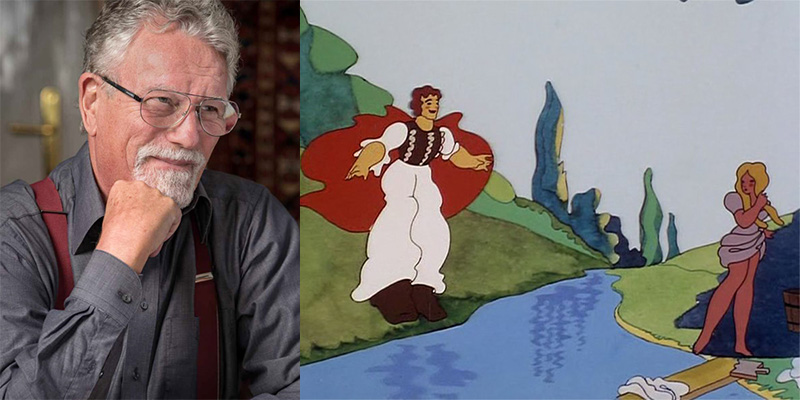Marcell Jankovics dies at 79, leaving a trail of his superlative work behind. He is a well-known director of amazing animation films, book illustrator, cartoonist, and graphic artist. Art, for him, didn’t have any boundaries and he explored multiple innate talents to create genius masterpieces. He was the president of the Hungarian Academy of Arts (MMA) from 2020 and his death was reported by MMA.
Jankovics was popularly known as the artist of the nation (Hungary) and the cultural historian left no stone unturned to keep up with the bestowed title. Marcell Jankovics was born in 1941 in Budapest. His family was evicted to Ocsod in 1951, from where they could only return to Budapest in 1953. He taught for a couple of years 1971–72, and was a master of animation at the High School of Fine and Applied Arts. In 1973 he contributed a remarkable milestone and crucial turning point to Hungarian animated film history with Johnny Corncob. It was his first feature, based on the poem János Vitéz from fellow Hungarian Sándor Petőfi, and was the first animated feature produced in the country. In 1977, Jankovics started creating work on Hungarian folk tales, like The Struggle and Son of the White Mare. The stellar personality took care of multiple roles and was the screenwriter, director and designer until 2002.
Multiple generations grew up on his beautifully made folktale animations. He is the owner of around 50 national and international awards, including several Hungarian awards. Jankovics has represented his country quite a few times as a jury member at international film festivals, which is one among the many feathers he had on his cap. He continued to make short films and cartoons and many of them won international recognition. He created one of his best projects titled Sisyphus in 1974 and got nominated for the Oscars in the same year.
MMA praised Jankovics by referring to him as a “visual artist and public figure, a scholar of fairy tales…with an exceptionally wide-ranging varied work.” His contributions to the Hungarian culture remain indispensable.

